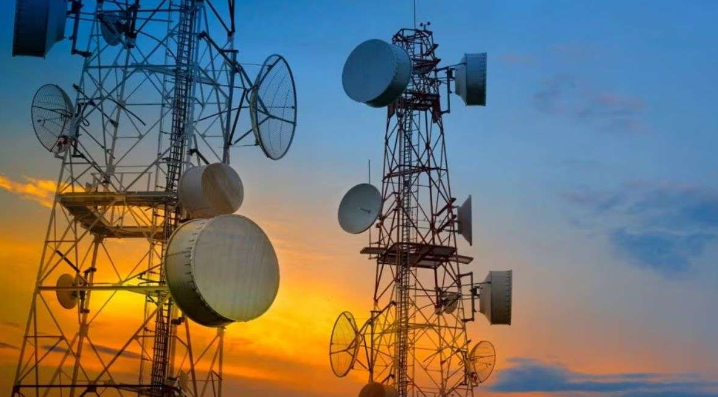The Telecommunications Act 2023 (GS Paper 2, Polity & Governance)

Introduction
- The Telecommunications Act 2023, recently enacted by the UK government, introduces significant updates aimed at optimizing and regulating the use of telecommunications space.
- Key sections of the Act, including sections 6–8, 48, and 59(b), have come into effect as of July 6, 2024.
- These updates are designed to modernize and enhance the efficiency of the telecommunications industry, building upon measures that have been in place since June 26.
Understanding the Telecommunications Act
Modernization of Legal Framework
- The Telecommunications Act replaces the outdated Indian Telegraph Act of 1885 and the Indian Wireless Telegraph Act of 1933.
- This overhaul is in response to significant technological advancements and changes in the telecommunications sector.
- The primary objective is to establish a comprehensive legal system for managing and allocating the telecommunications spectrum.
Spectrum Utilization and Management
- The newly implemented sections focus on the optimal use of the telecommunications spectrum.
- The Act permits various actions such as relinquishing, sharing, selling, leasing, and assigning the spectrum.
- These measures ensure the efficient utilization of this limited resource and accommodate emerging technologies.
- The Act also adopts a technology-neutral approach, promoting flexibility and a wider range of options for spectrum use.
Regulatory Changes and Appointments
- Section 59(b) of the Act amends Section 4 of the Telecommunications Regulatory Authority of India (TRAI) Act 1997.
- This amendment introduces new rules for the appointment of the Chairperson and members of TRAI, ensuring that the regulatory body is governed by individuals meeting the current standards and requirements of the telecommunications industry.
Enforcement and Compliance
- The Act empowers the Central Government to implement effective enforcement mechanisms and oversight.
- It includes provisions to prohibit the use of any communication equipment that blocks calls unless explicitly authorized by the government.
- These measures are crucial for maintaining the security and integrity of telecom services.
Impact on the Telecommunications Sector
- The Telecommunications Act 2023 establishes a robust and up-to-date framework for spectrum management and regulatory appointments.
- This ensures that the telecommunications sector remains aligned with technological advancements and operates efficiently and adaptably.
About Telecom Regulatory Authority of India (TRAI)
- Regulatory Oversight: Established in 1997, TRAI oversees the telecommunications sector in India, promoting compliance, competition, and efficient service delivery.
- Consumer Protection: TRAI introduced the National Do Not Call Registry in 2007 to combat telemarketing fraud and the "Telecom Commercial Communications Customer Preference Regulations" in 2018 to curb unwanted business calls.
- Service Quality Monitoring: TRAI regulates cable and television services and launched the "MySpeed" app to allow users to check and report their internet speeds directly to the government, ensuring transparency and service quality.
Conclusion
- The Telecommunications Act 2023 represents a significant step forward in the regulation and optimization of the telecommunications industry.
- By modernizing the legal framework, promoting efficient spectrum utilization, and ensuring robust regulatory oversight, the Act aligns the sector with current technological trends and sets a foundation for continued innovation and efficiency.
- This comprehensive and adaptable system is crucial for maintaining the integrity and security of telecom services while fostering an environment that supports technological advancement and growth.


